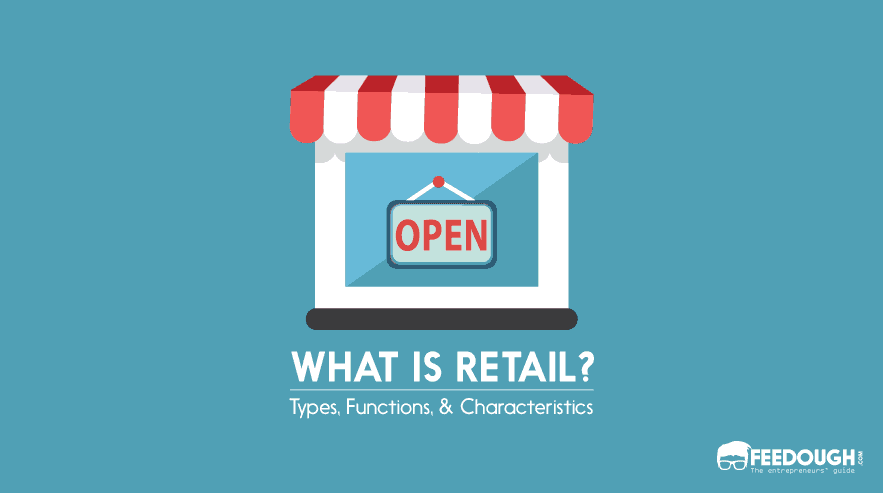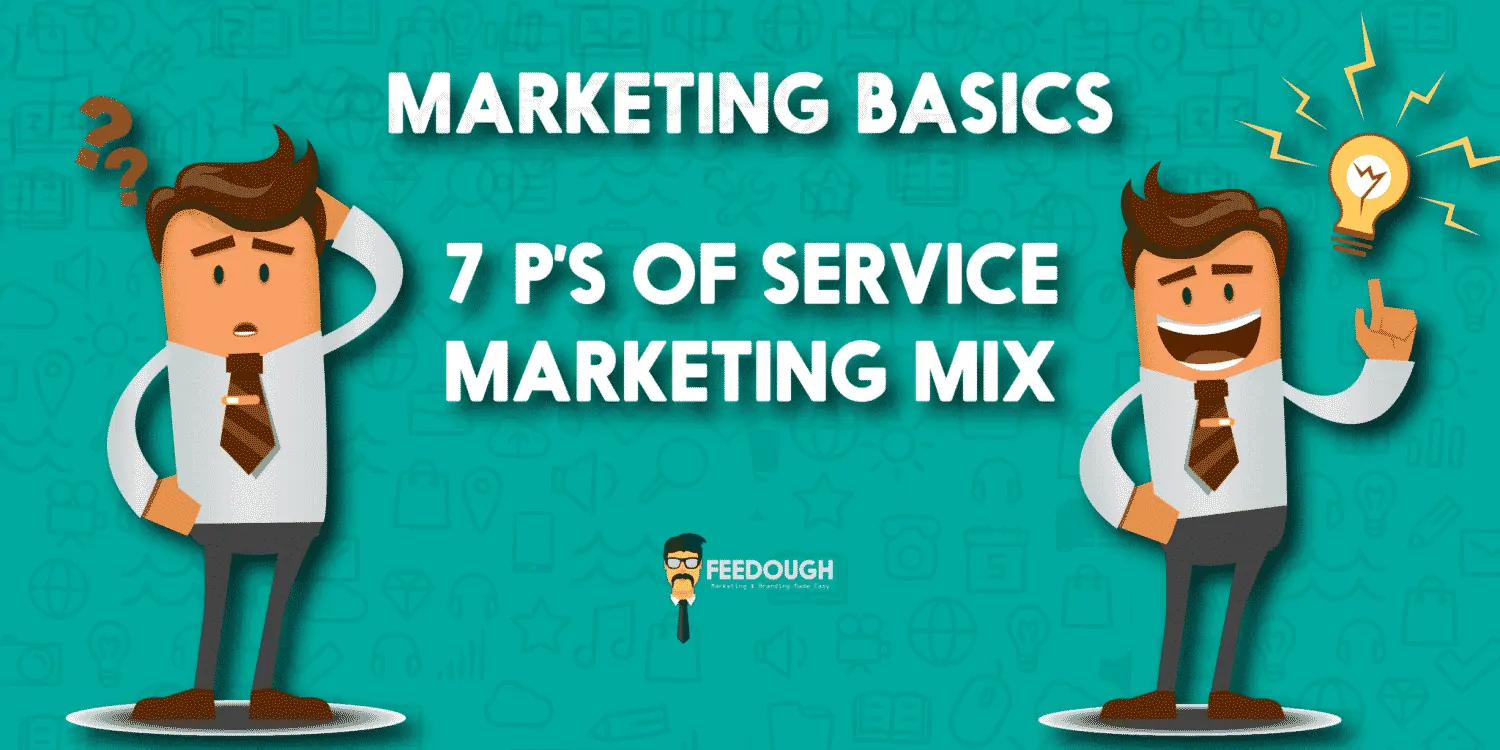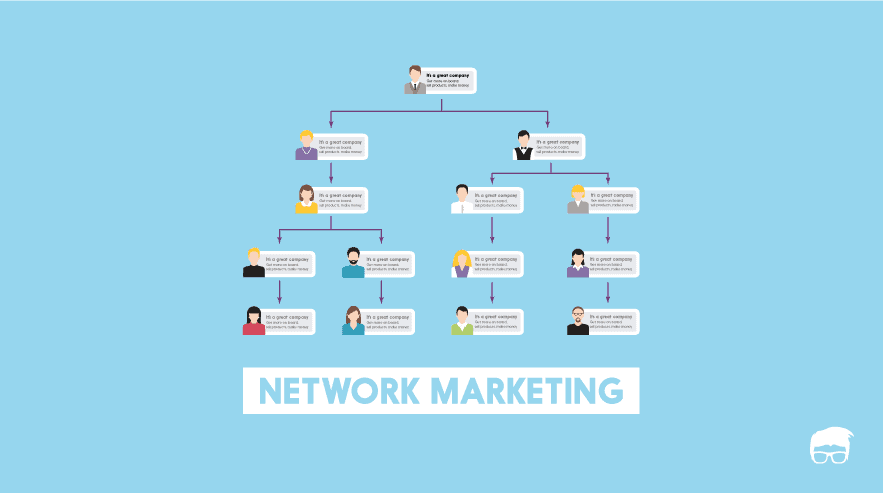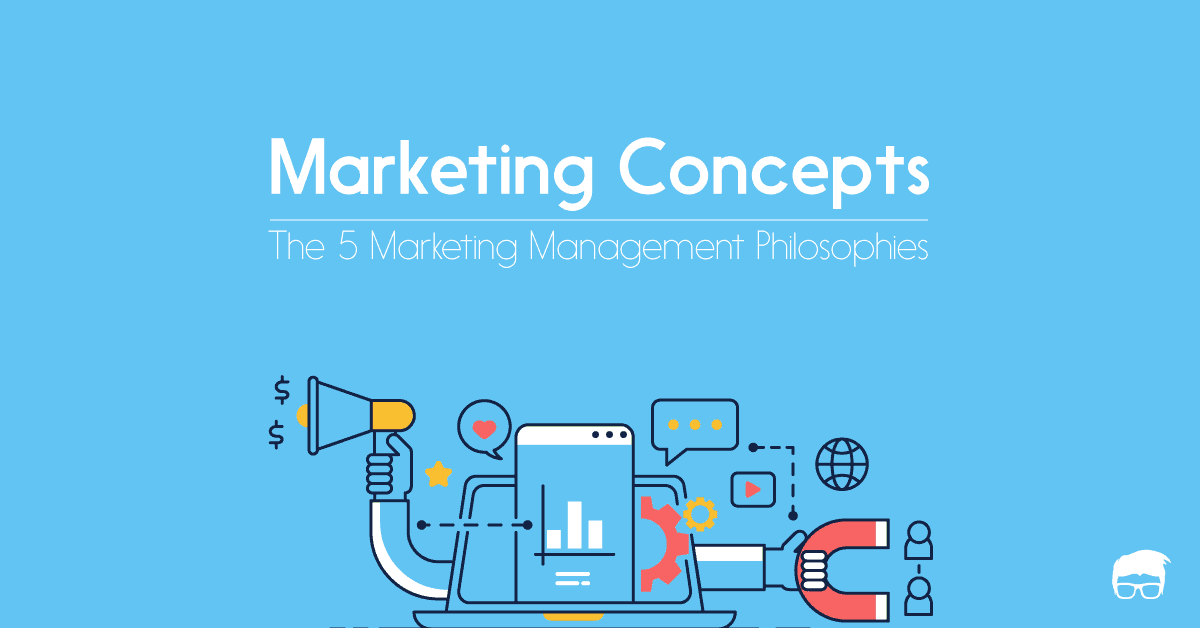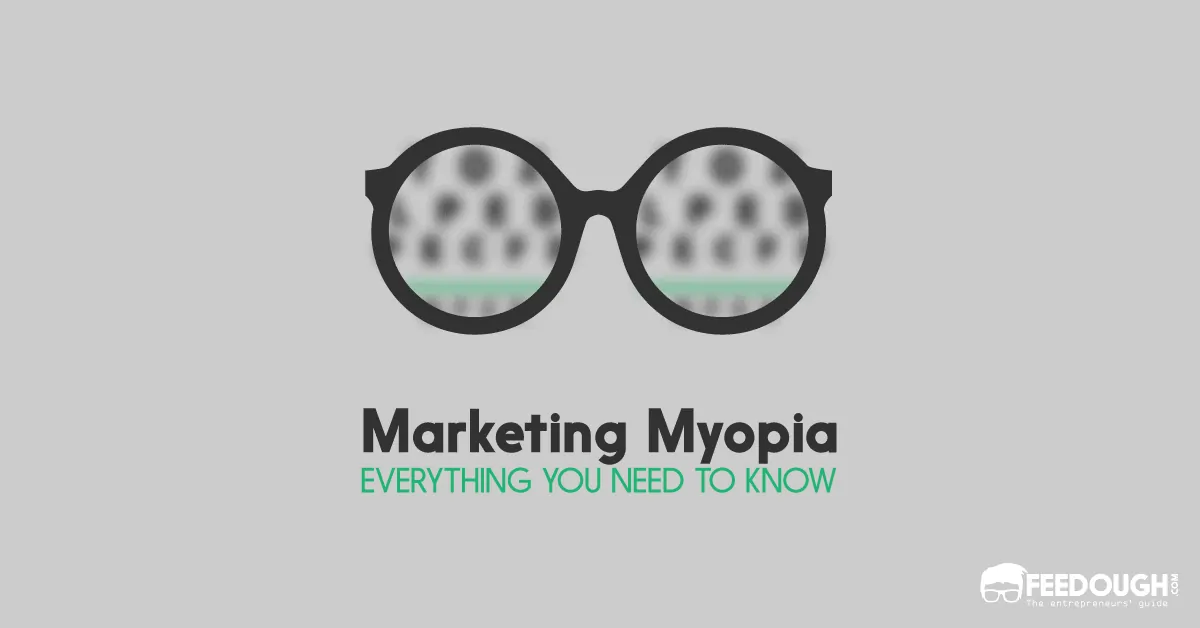A business is most profitable when it develops its marketing mix to meet its needs and that of its target market. One of the most important elements of this marketing mix is the marketing channel. It is the path that goods or services take from the point of production to the end-user.
But what exactly is a marketing channel, what are its functions, and why is it important?
What Is A Marketing Channel?
A marketing channel is the path or the route a company’s products and services take from the point of production to the end-user.
It is created through a series of relationships between middlemen, or intermediaries, who sell the product or service on behalf of the company.
The marketing channel includes a mix of people, organisations, and activities that enable the company to bring its product or service to market. Often, this mix includes retailers, agents, wholesalers, brokers, transportation companies, and others.
Types Of Marketing Channels
Marketing channels can be categorised into direct and indirect channels depending on the structure of the channel. The indirect channels are further divided into three types: one-level, two-level, and three-level channels based on the number of intermediaries present.
Direct Channel or Zero Level Channel
Producer → Customer
A direct or zero-level channel is one in which the manufacturer sells directly to the end-user with no intermediaries involved. This type of channel is often used by businesses that produce perishable goods, expensive goods, or whose target market is small and concentrated.
An all-new D2C model in which the manufacturer sells directly to the customer through its online branded channels is being followed by a lot of companies these days.
Indirect Channel
Producer → Intermediaries → Customer
When the manufacturer takes the help of one or more intermediaries to reach the end-user, it is known as an indirect channel.
One-Level Channel
Producer → Retailer → Consumer
A one-level channel has only one intermediary – the retailer – between the manufacturer and the end-user. In this type of channel, the manufacturer sells directly to a retailer, who then sells the product to the consumer. This type of channel is often used for shopping goods like clothes, food, and home furnishings.
Two-Level Channel
Producer → Wholesaler → Retailer → Customer
A two-level channel has two intermediaries – the wholesaler and the retailer – between the manufacturer and the end-user. In this type of channel, the manufacturer sells to a wholesaler who, in turn, sells to the retailer who then sells to the consumer.
The wholesaler’s role is to break the bulk and deliver the product to the retailer. The retailer’s role is to reach the end consumer.
Goods that are sold in two-level channels are usually durable, have a long shelf life, and target an audience that isn’t limited to a confined area. These include goods like home appliances, FMCG products, and automobile parts.
Three-Level Channel
Producer → Agent/Broker → Wholesaler or Retailer → Customer
A three-level channel has three intermediaries – the agent, the wholesaler, and the retailer – between the manufacturer and the end-user. In this type of channel, the manufacturer sells to an agent whose role is to break bulk for a wholesaler or retailer. The agent then sells to the wholesaler throughout the country or region.
The wholesaler’s role is to distribute the product to the retailer who sells it to the consumer. The agent in this channel often provides services like credit, financing, and market information.
The main advantages of this type of channel are that it allows manufacturers to reach more markets faster and build relationships with multiple retailers at a time.
Products that are sold in three-level channels include agricultural produce, raw materials, and commodities.
Importance Of Marketing Channels
Marketing channels are the tangible links between a company and its customers. They are the enablers of business that allow companies to deliver their products or services to the final customer.
They are important for the business as they:
- Bring the offering to market
- Help business reach its intended target audience
- Help the brand build relationships with customers
- Promote and sell the product or service on behalf of the manufacturer
Moreover, marketing channels are not only important for businesses wanting to reach customers and generate revenue, but also for consumers as they enable them to have access to different products or services in a convenient manner at competitive prices.
Functions Of Marketing Channels
Marketing channels play a very important role in the success of a business. Some of the key functions of marketing channels are:
- Logistics and distribution: Marketing channels play an important role in transporting the product or service from the manufacturer to the end consumer. They are responsible for ensuring that the chosen products reach customers through their distribution network at an affordable price and in a timely manner.
- Promotion: Marketing channels also further promote a product by providing marketing messages and other advertisements to targeted audiences, which helps them build a strong brand image and reputation.
- Transactional functions: These channels are vital to enabling the transfer of product ownership from manufacturers to consumers. They help businesses in billing, invoicing, and collecting payments from customers.
- Facilitating functions: Marketing channels also offer other important services like storage, packaging, credit facilities, and after-sales service that add value to the product or service being offered.
- Risk sharing: Marketing channels help businesses to share the risk by joining hands with them, as they can reduce their own risks and losses by reducing exposure to all kinds of uncertainties. This reduces the overall costs of selling a product or service since manufacturers are not bearing the entire loss themselves.
- Efficiency and effectiveness in distribution: By working with marketing channels, businesses can ensure that their products or services reach the right customers at the right time and place. This helps to improve customer satisfaction levels as well as the efficiency and effectiveness of businesses.
Factors Affecting The Choice Of Marketing Channels
Every business has to carefully consider the factors that affect their marketing channels in order to ensure that they make the best decisions. Some of these essential factors include:
Product Characteristics
The type of product or service being offered by a business plays an essential role in determining which channel would be most suitable for it. For instance, a brand goes for a short channel for its product if the product is:
- Perishable
- Complex
- Expensive
That is, perishable products like food items or flowers that need to reach the customer as soon as possible use shorter channels. Similarly, complex products like industrial goods that require more explanation and demonstration before purchase, and expensive products like jewellery where customers need time to think and decide before making a purchase also rely on shorter channels to work better.
Market Characteristics
The market in which a business is operating also has a big impact on the choice of marketing channels. For example, a brand chooses shorter marketing channels if:
- The offering is targeted at business users
- Customers are geographically concentrated
- Customers require extensive technical knowledge
- Regular servicing is required for the product
- The order quantity is large
Similarly, a brand uses a longer marketing channel when it sells shopping goods to individuals in a geographically dispersed market.
Competition Characteristics
The choice of marketing channels is also influenced by the nature of competition in that market.
The channels that the competitors use play a vital role in this decision. If a brand sees that its competitors are using shorter marketing channels, it would be wise of them to follow the same path so as not to lose out on potential customers.
In a market with low competition, a brand might choose to use a longer marketing channel so as to create a more differentiated offering for its customers.
Company Characteristics
The company’s financial resources and objectives are also major factors that come into play while deciding on marketing channels.
For example, if a company has limited financial resources, it might not be able to afford to set up its own distribution network and would instead have to depend on other intermediaries to reach its target market.
Similarly, if a company’s objective is to build a strong relationship with its customers, it might choose a shorter marketing channel so that more personal touch can be added to the product/service.
Marketing Channels Examples
Every company in existence use one or more marketing channels to reach their target customers. Some of the most common examples include:
Nike
Nike is a famous shoe manufacturer that sells its products to customers through both online and offline channels.
The company uses a mix of both direct and indirect channels where it sells its products directly using its websites and franchise model, and indirectly on online marketplaces and offline retailers using intermediaries.
Apple
As one of the most popular technology companies in the world, Apple sells its products through both online and offline, direct and indirect channels.
The company sells its products directly using its own website and physical stores, and indirectly through intermediaries such as online marketplaces and offline retailers.
As of 2018, 29% of Apple’s net sales come from direct channels, and 71% come from indirect channels.
Go On, Tell Us What You Think!
Did we miss something? Come on! Tell us what you think about our article on marketing channels in the comments section.
A startup consultant, digital marketer, traveller, and philomath. Aashish has worked with over 20 startups and successfully helped them ideate, raise money, and succeed. When not working, he can be found hiking, camping, and stargazing.

